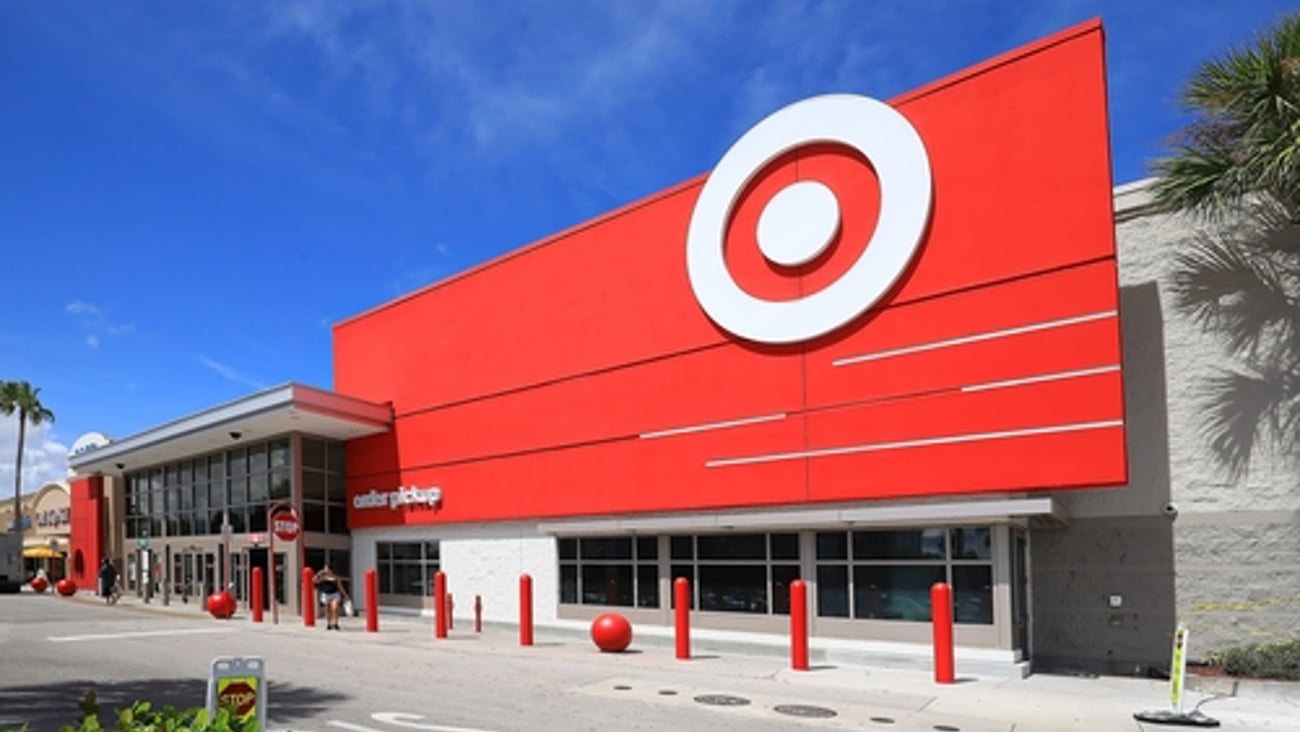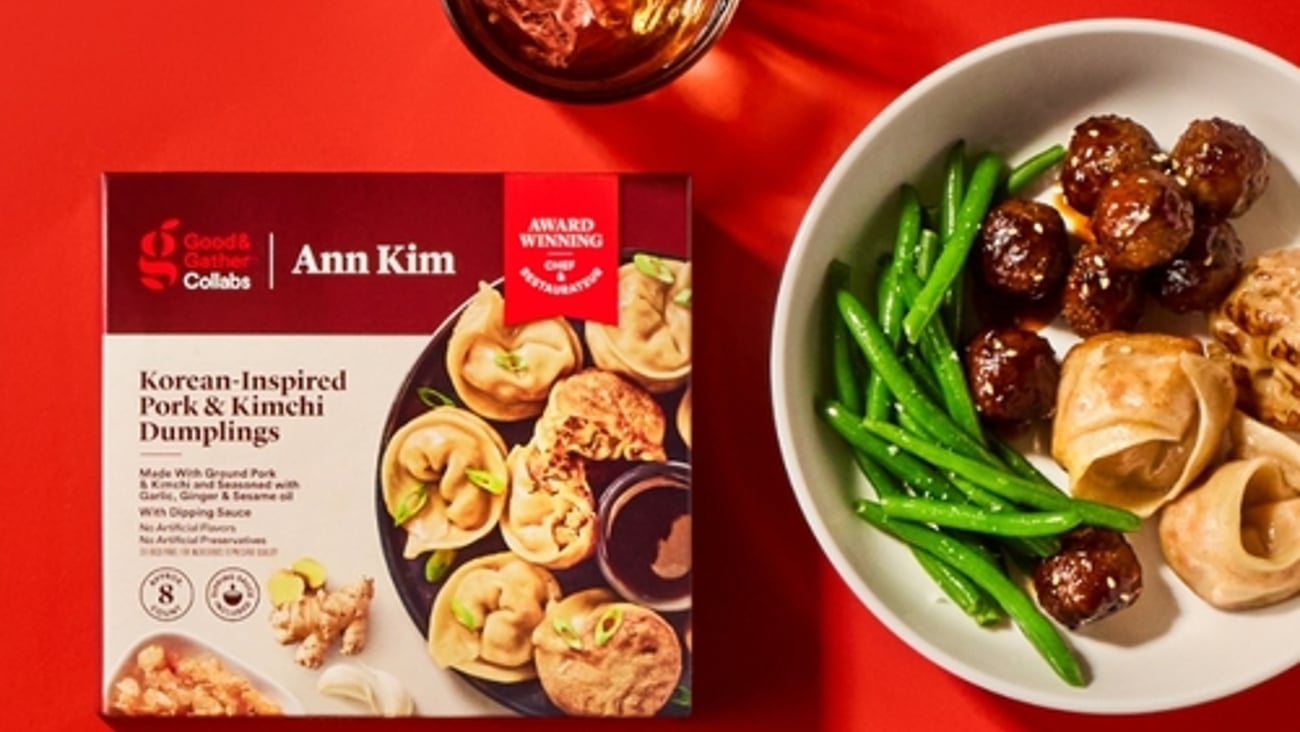The beauty of ‘ugly’ produce
For all the food that is wasted every year — an astounding 30 to 40 percent of the food supply, according to the U.S. Department of Agriculture — it’s great to see more grocers implementing programs to reduce food waste.
Consider produce. Millions of pounds of fruits and vegetables go unused annually because they are imperfect — the tomatoes aren’t round and the apples are discolored. Realizing consumers’ penchant for near perfect-looking produce, most grocers haven’t even tried to sell us the bad-looking stuff, even though it tastes just fine.
But now more grocers are starting to peddle the imperfect produce. They are rolling out programs to sell “ugly produce” at a discount to help reduce food waste.
The Kroger Co. is the latest; the Cincinnati-based retailer announced recently it will begin selling Pickuliar Picks, a new private brand featuring ugly produce that Kroger will tout on the packaging as being “imperfect but perfectly delicious.”
But rather than just roll out the ugly produce for sale, Kroger will also educate consumers through marketing materials when it launches the line in January. This is crucial to help consumers understand that there is nothing wrong with the taste of ugly produce and that by buying it they can help reduce food waste.
Other merchandising will tout Pickuliar Picks as “I’m ugly. It’s what’s inside that counts,” and “I’m tiny. Perfect for the lunchbox.”
Kroger is even zeroing on personalization, challenging shoppers to do their part to reduce food waste. “Food rescue starts with you!” states a promotional poster.
Kroger isn’t the first grocer to sell ugly produce. In fact, Kroger is kind of late to the party (but better late than never). Bentonville, Ark.-based Walmart, the nation’s largest grocer, began a program a few years ago. West Des Moines, Iowa-based Hy-Vee began its store brand Misfits program — selling imperfect produce for 30 percent off — in late 2016.
Hy-Vee also implemented a well-planned and creative merchandising program for Misfits. The vegetables and fruits, ranging from cucumbers and squash to apples and tomatoes, are placed in large wooden boxes with “The Misfits” ingrained in large black type on the boxes. Large colorful and creative signs behind the boxes carried specific messages, such as, “The ugly truth. 6 billion pounds of fresh produce goes unused each year.”
If the ugly produce sells, the retailers selling it will obviously benefit from a business standpoint. So will consumers, especially those on a fixed income, who can purchase it at a lower price. And retailers and consumers both win by helping to reduce food waste.
One thing: I just hope the ugly produce that is now being sold in grocery stores isn’t the same produce that was given to food banks for free. It will always be important to cut down food waste, but not at the expense of the poor.





